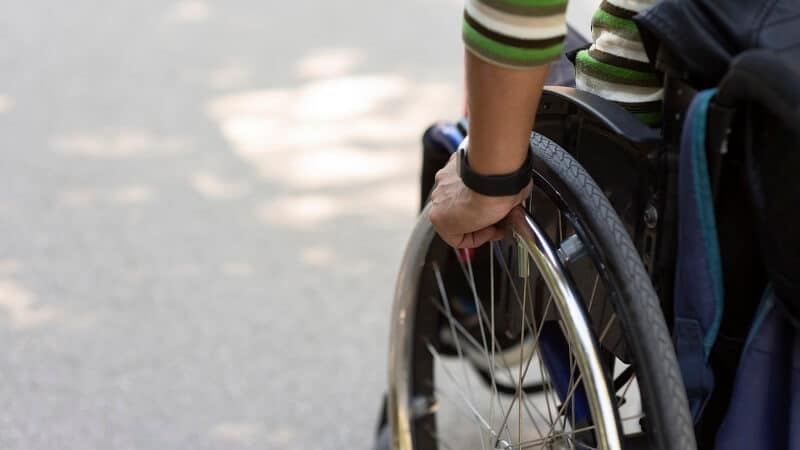People with disabilities at any age are eligible to receive the Continuous Payment Benefit (BPC), worth one minimum wage. In the BPC for children, the condition of disability must be certified, whether due to a physical, mental, sensory impediment, etc., that has some effect on their life in the long term.
If the child's condition is proven, it is enough to register in the Single Registry (CadÚnico) to begin the processes to receive it. Afterwards, family members or responsible persons need to seek assistance from the National Social Security Institute (INSS) or the Social Security Agencies (APS) or even the Social Assistance Reference Centers (Cras).
To this end, the INSS telephone number 135 is available, free of charge, to register the disabled child. Furthermore, the Meu INSS app can also be used for registration. Another option is to go to the APS in person. But, if you want to get the benefit through the app, just follow the steps below:
- Open the “My INSS” app;
- Click on the “New Order” button;
- Enter the name of the benefit you want (in this case, the BPC);
- A list will appear on the screen. Once it appears, click on the chosen benefit;
- Follow the information that the app will request.

I had my registration approved. How can I track BPC approval for children?
The waiting time for approval varies from case to case, although it is common for the process to grant the BPC in cases of disability and/or disability to take around a month. In the meantime, you can access the My INSS app to find out about the progress:
- After opening the app, click on the “Check benefits” button;
- The app will show a list. Click on your benefit process;
- If you want to see other details, click “Detail”.
Rights for children: what you need to know
The criteria for children's families to benefit from INSS require proof of disabilities and other information. For example: these families receive the minimum wage via BPC until their child is 16 years old. As explained above, if you have a disabled son or daughter and have a low income, you are guaranteed to receive assistance.
Lack of social skills with children of the same age and poor performance at school can also serve to attest to childhood disability. Below, you see a list of documents that can help certify the child's condition:
- Term of representation in accordance with the law;
- Photo identification documents (including the identity of the attorney-in-fact, if applicable);
- Registration update documents;
- Evidence relating to the child's disability, or even illness.
Regarding the minimum wage (SM), families need to make a simple calculation, which consists of a division between all members. In other words, the sum of all income is divided by the number of family members living in the house. This way, if the value is less than a quarter of the SM, it is possible to prove that your income is low.
However, it is necessary to remember that the BPC does not work in the same way as pensions. That is, there is no 13th payment nor is there a guarantee of a death pension.
Assessment to grant the BPC for the children
One of the main checks that agencies carry out focuses on the impact that your disabilities have on day-to-day activities, at school, or even at work. The older the person undergoing the assessment, the more criteria will be observed.
In this regard, there are some shortcomings which are common at the time of assessment: paraplegia or tetraplegia, autism, blindness, deafness and nephropathies are some examples. But, in general, mental, physical, sensory disabilities, etc. give you more chances of securing the BPC.
However, the evaluation part observes whether there is a disability or whether the person is unable to carry out professional activities or even go to school. That's why getting a diagnosis that proves the child's condition is so important.
Bills in relation to the BPC
Bill (PL) 220/22 attempts to unite the BPC with inclusion aid. This other benefit is aimed at people who are in some activity with some gain, being 50% of the current value of the BPC. However, currently, the accumulation of aid is not provided for by law.
Parliamentarians who support the proposal say it is ideal to approve the PL to provide more protection to children and adolescents. For them, if the measure comes into force, there would be an improvement in inclusion and social assistance. Now, it is under evaluation by the Commission for the Defense of the Rights of People with Disabilities (CPD).
Also related to the benefit for children with disabilities, the PL 461/22 seeks to give priority to families who need to regularize the rural area where they live. The proposal aims to make the process less bureaucratic and provide more security for those responsible. In addition to parents of disabled people, the project benefits families with school-age children who receive social assistance.
Furthermore, the situation with PL 461 is similar to the proposal that combines the two benefits. But the rural land security project still needs a deputy on the Social Security and Family Commission (CSSF).



